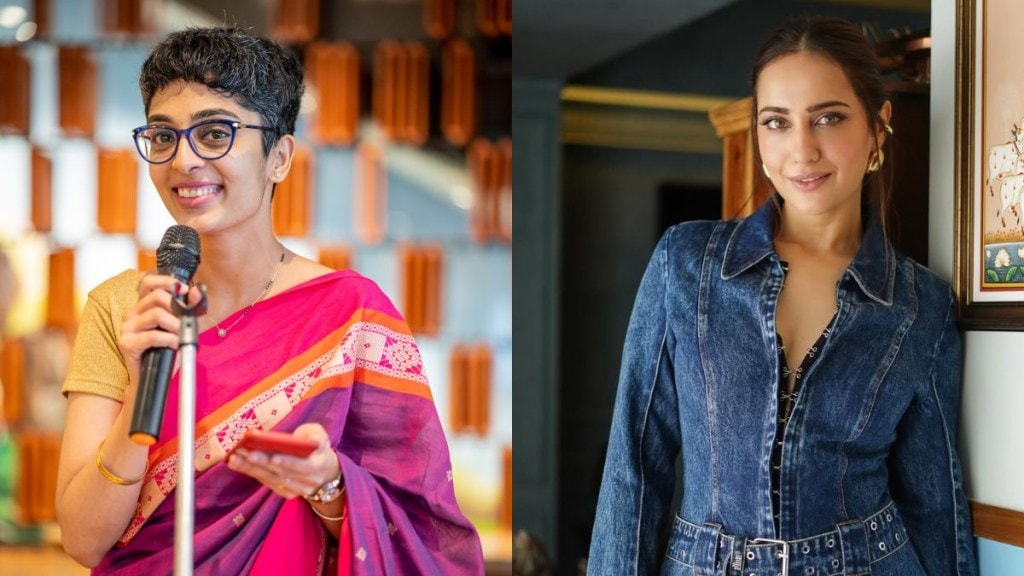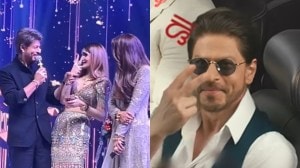Gen-Z has been getting all the credit for creating viral dating trends, from situationships to breadcrumbing. However, several diluted versions of this phenomenon were always there, just without labels. An old video of influencer and actor Kusha Kapila resurfaced on social media. Going viral, it has netizens questioning her staggering claims.
“I married because of logistics,” she mentioned in an old BuzzFeed interview on a panel among women. She explained that it was because of the taboo around a “live-in” with her then-partner that she decided to get married instead. However, this sparked a discussion about social obligations, questioning the need for cohabiting with your partner, and speculation about Kapila’s divorce.
Here’s what relationship coach Radhika Mohta told financialexpress.com when asked about evolving dating trends among the younger population of metropolitan cities.
‘From buas, to Sima Taparia, to AI’
Marriage has always been a familial affair, conventionally, where families meet to make decisions on behalf of the couple in question. However, that is not the case. Mohta broke down Kapila’s logistical reasoning into three parts: the money, time, and societal constraints. Commenting on the fast-paced life in modern-day cities, Mohta said, “The cost of living is insane,” noting how Kapila’s decision, among many other modern-day couples, to get married is solely based on convenience. Factoring in migrant workers who move their entire lives to follow their career or to hunt for opportunities in the city, cohabitation seems to be the only solution to save time and money from scheduling to meet your loved ones.
The Bengaluru-based dating coach told financialexpress.com that the “spectacle” approach across religions such as the “Hindu pheras, practice of nikah, or walking down the alter,” all have social acceptance. As opposed to the taboo around live-in relationships.
When asked about the role of media in determining the nature of relationships, Mohta pointed out the “gap between core values and trends.” Remarking how, once matchmaking was the traditional role of aunts in the family, it was soon portrayed by pop culture through OTT shows like Indian Matchmaking, featuring Seema Taparia. Speaking to financialexpress.com, Mohta mentioned, “First it was buas, then Sima Kapadia, tomorrow it may be AI,” stating how technology might play matchmaker soon, influencing suggestions on dating apps by monitoring your chatbot history and algorithm.
Has Gen-Z normalised separation?
Mohta opined that, “we were once the same age as Gen-Z is today, we had the same sense they do today.” However, she pointed out the crucial difference between the generation’s digital footprint and how the meaning of commitment changed. Today, several internet personalities are seen announcing the news of their separation via a social media post, only inviting speculations and trolls. While Mohta negates the fact that Gen-Z feels desensitised when separation arises, they are still a more expressive generation. “They have the confidence,” remarks Radhika Mohta.
The expert also told financialexpress.com that marriage cannot have a “cookie-cutter approach”. By that she meant that even today, only when one is married by law, benefits like insurance, and property laws become valid. Reflecting upon New Jersey-based matchmaker, Miriam, who said, “only move in after a ring,” Mohta pointed out a sharp resource constraint to have existed between generations, and thus the evolving trends in modern-day relationships.








